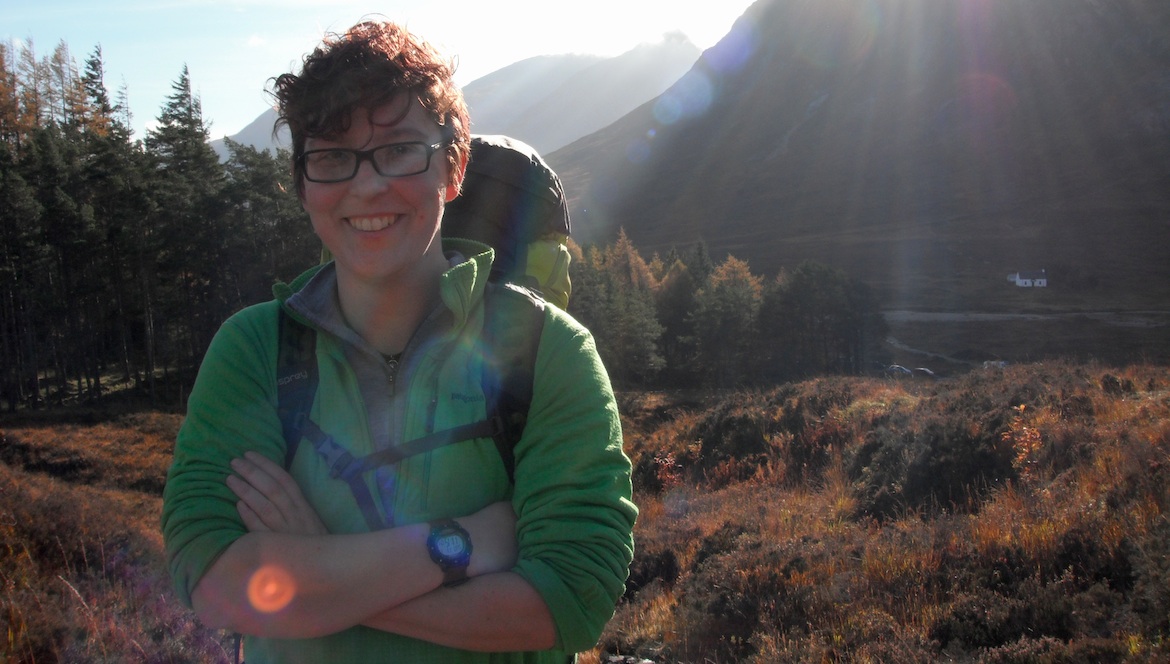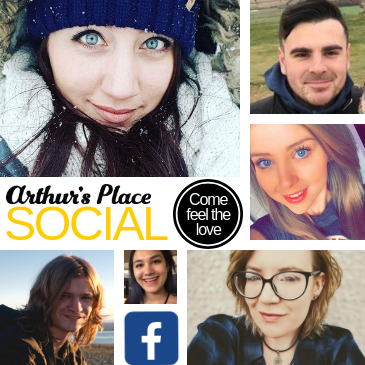
Mat Wilkie, 25, was diagnosed with rheumatoid arthritis aged 20. A PhD student, he lives in a flatshare with a friend and three plants. This is his story…
What type of arthritis do you have?
Rheumatoid arthritis
Can you share a little about your treatment journey?
I started off on a very high dose of Methotrexate and Hydroxychloriquine, but that made me really sick. So, after a year I reduced the Methotrexate and started on Adalimumab, but that didn’t really help that much so I changed to Etanercept, which is great. I also changed from tablets of Methotrexate to injection, which means I don’t get sick any more, which is great!
What is the best piece of advice you’ve been given?
Try to learn your limits. It will probably take a lifetime to do, mind. But also that it’s OK to say that you can’t do something; you’re not weak.
What helps you to feel better, physically and mentally, on a sore day?
Warmth (like hot water bottles) on the most painful areas, getting out for a little walk, having a friend round to be a distraction and have a laugh with, achieving one small thing.
What do you love to do on an energy day?
Go rock climbing and camping in the hills!
Which tasks drain you?
Repetitive ones.
Which tasks energise you?
One where I can see progress in what I am doing.
What is your best practical tip?
Have cute / fun plasters as a treat for when you have to self-inject.
Chat about this in our Facebook group
How else do you look after yourself?
Make sure I get enough sleep, try to make sure I don’t allow other people to tell me to do things I know I won’t be able to do or will cause me pain, make sure there are intermediate options when I do things like go walking and camping, or if I am going out dancing. I do a lot of exercise too, and keep warm socks about the place to help achy feet.
Do you have any advice for someone who is newly diagnosed?
There’s no denying that having RA is crap, but you can get brilliant treatment programs that will make it easier and better. And even if you have to alter your life to cope with your diagnosis, you will find other hobbies and work that you enjoy just as much. I wouldn’t do half the amazing things I do now if I hadn’t had to find different hobbies that suit my diagnosis.
It will get better, just take one day at a time and don’t let anyone tell you that you can’t do things you know you can. Everything can be broken down into small manageable steps.
What message would you share with the world about young people with a chronic illness?
People often assume young people will have boundless energy and ability to work hard and play hard, but this isn’t the case for all of us.
With chronic illness we know that it’s not going anywhere and it will be something we have all our lives. It’s scary to look into the future and see a lifetime of medication, to know that there are a lot of life options closed to us because of our diagnosis.
Just because you can’t see a person’s disability it doesn’t make it any less real.

